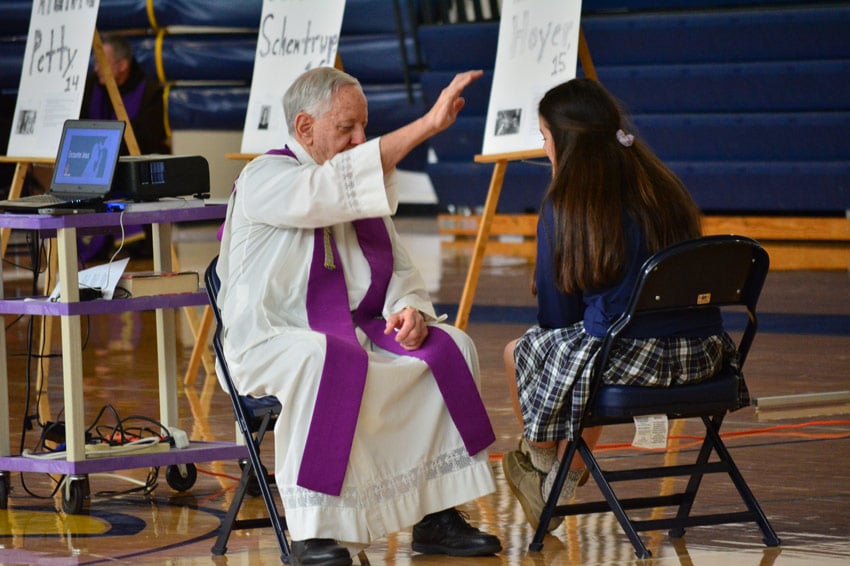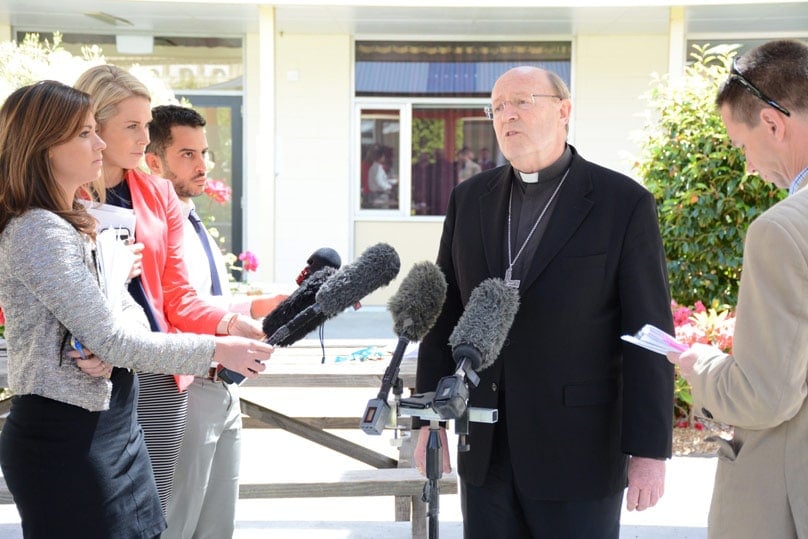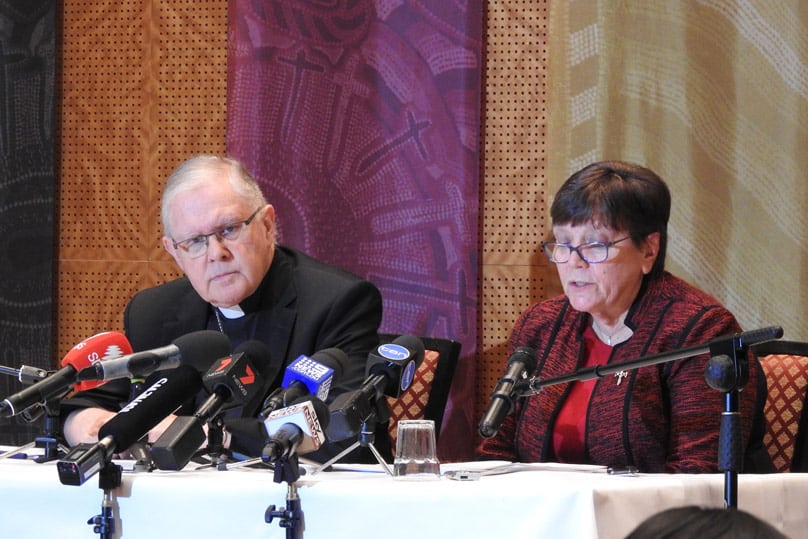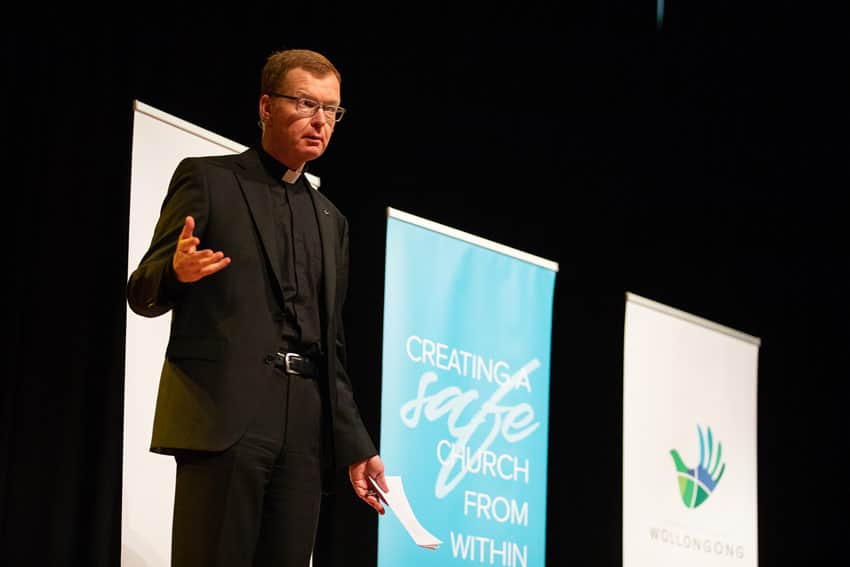
Catholic priests in two states and one territory will face legal sanctions, including possible life behind bars, for not reporting child sexual abuse revealed in confession.
Acting on a recommendation of the Royal Commission into Institutional Responses to Child Sexual Abuse, South Australia, the ACT, and now Tasmania, have all taken steps to clamp down on the Church’s legal exemption for the Seal of Confession. Both Victoria and Western Australia have given strong indications they will follow suit.
Tasmania released draft legislation on 2 October making it a criminal act for priests not to pass on information on cases of child sexual abuse heard during Confession.
Previously, Archbishop Julian Porteous of Tasmania said: “The Catholic Church in Tasmania has zero tolerance for the abuse or neglect of children or vulnerable adults and is committed to acting in their best interests … removing priest-penitent privilege from the law and requiring mandatory reporting of confessions will either have no effect on child safety or will actually make children less safe.”

In announcing the draft legislation, Tasmanian Attorney-General, Elise Archer, confirmed that, because the state’s Criminal Code does not set out specific penalties for particular crimes and that any crime could attract the maximum penalty, a priest convicted of failing to break the confessional Seal could receive life imprisonment.
“What the Royal Commission revealed was that the number of institutions-government and non-government institutions failed our children in these institutions in their care,” Ms Archer said.
“What we need to do is what I believe all Australians, and indeed Tasmanians in our case, expect and that is to ensure that doesn’t happen again.”
This is the first reform the Tasmanian government is going to make in response to the 409 recommendations of the Royal Commission.
The day before Tasmania released its draft legislation, South Australia became the first Australian state to actually implement a law requiring priests to break the Seal of confession for cases of child sexual abuse.
As of 1 October, priests in SA face fines of $10,000 for not reporting child sexual abuse revealed in the confessional.
The ACT has already passed such laws, however, the Church there is not required to comply until March 2019.

In Western Australia the Royal Commission’s recommendation that the Seal of Confession be overridden for child sex abuse has been accepted “in principle.”
Child Protection Minister, Simone McGurk said the WA government was considering a number of legislative options, and that “all clergy should be required to report child abuse and be subject to the same laws that we require of other professionals with regards to disclosure of abuse.”
“Make no mistake, priests who have knowledge or suspicion of child sex abuse should report that to police and failure to do so must be treated as a crime,” Ms McGurk said.
Meanwhile, both Labor and Coalition parties in Victoria have stated that they intend to change the law forcing the Seal of Confession to be broken in cases of child sexual abuse if they are elected next year. In June this year, the NSW government announced that it would postpone making a decision on the matter, allowing for further deliberation.
The Commonwealth government has stated that it will leave the matter to be decided on a state basis.
In the Catholic Church’s response to the recommendations of the Royal Commission earlier this year, Archbishop Mark Coleridge, President of the Australian Catholic Bishops Conference said the Church accepted 98 per cent of the recommendations, with violating the Seal of Confession the only one it could not comply with.
“Australian priests and the lay faithful are deeply committed to both child safety and the Seal of Confession which we hold to be inviolable. This isn’t because we regard ourselves as being above the law, or because we don’t think the safety of children is supremely important. But we don’t accept that safeguarding and the Seal are mutually exclusive. Nor do we believe that abolishing the Seal will make children any safer. In some circumstances it may even make them less safe,” Archbishop Coleridge said.
The Vatican’s leading expert on protecting minors, Fr Hans Zollner, recently in Australia, also pointed out that forcing priests to break the Seal would achieve nothing in terms of preventing or uncovering abuse.

“I’ve heard many priests say, and I can confirm that, in decades of being a priest I’ve never ever heard one single confession of any perpetrator [of child sexual abuse].”
Fr Zollner also said that in Australia allegations of child sexual abuse had dropped to “almost nil” because of the safeguarding measures that had been implemented.
“In Australia, as has been shown by the Royal Commission… in almost all dioceses the number of allegations referring to current years—not 50 or 30 years ago—is almost nil.”
“We can’t ever do enough but the Catholic Church in Australia has done a lot and is certainly among the top five [countries] in the world.”
